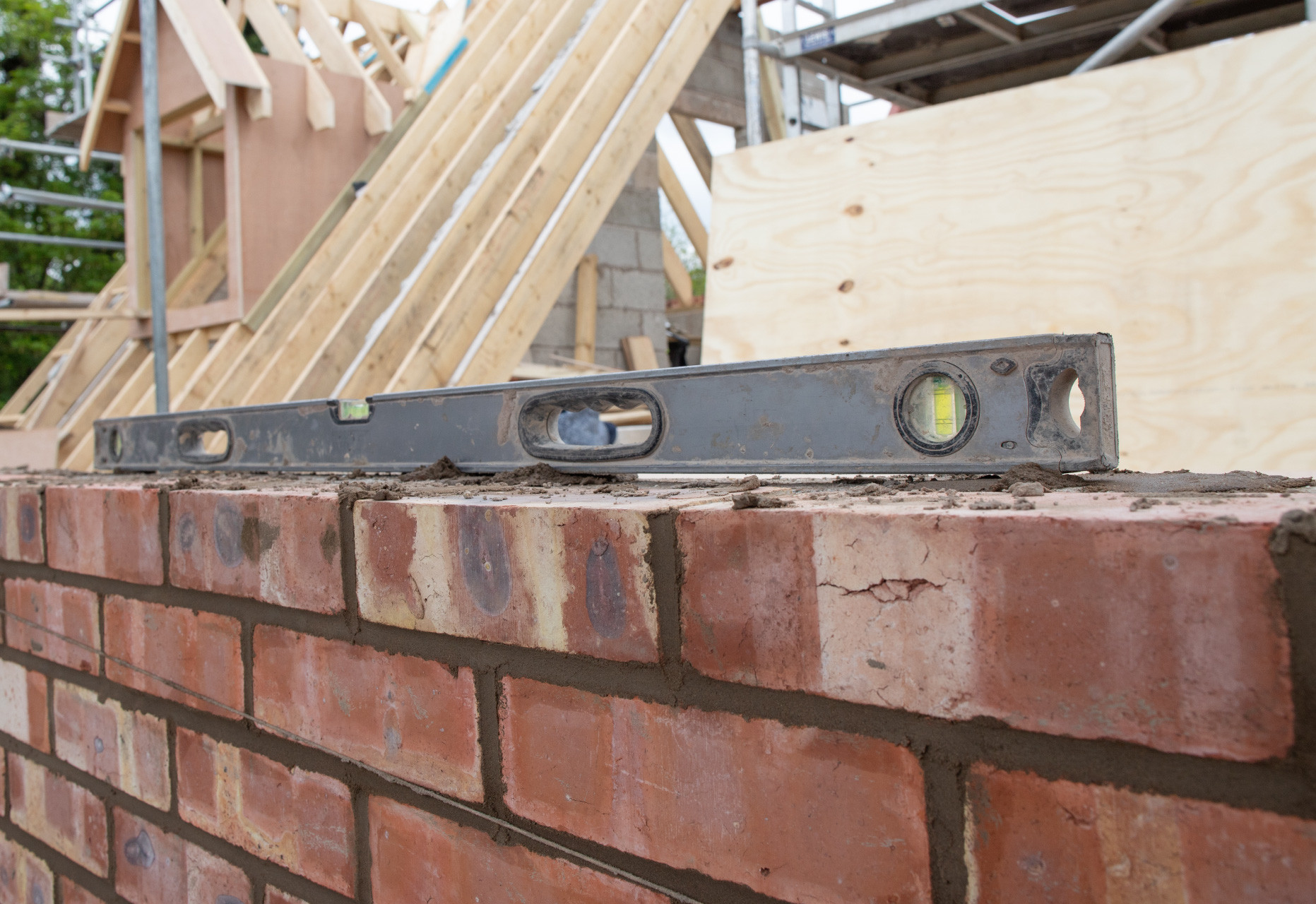Achieving work-life balance in construction has long been considered a challenge as it’s often viewed as incompatible with the nature of an industry renowned for long hours, unpredictable schedules, and physically demanding environments. It can easily feel as though work must come first, no matter the cost. But that perception is beginning to shift. As awareness grows around mental health and well-being, more professionals across construction are recognising the value of balance, not only for individual health, but for safety, performance, and long-term sustainability in the sector.
Balance doesn’t have to mean cutting back or doing less. It’s about creating boundaries that allow for rest, recovery, and time spent on what matters outside of work. In an industry where fatigue and burnout are common, those boundaries can make the difference between thriving and just getting by. For many this begins with their mindset, by letting go of the idea that working excessive hours is a badge of honour and allowing them to think more intentionally about how time is spent, and how energy is preserved. It means recognising and accepting that time away from work is not a sign of weakness, it’s a necessary part of maintaining focus, motivation, and physical health.
Building balance is also about what happens on-site. Taking proper breaks, saying so when workloads feel unmanageable, and supporting colleagues to do the same all contribute to a healthier, more sustainable culture. Increasingly, employers are playing their part too by embracing flexible schedules where possible, investing in digital tools to streamline work, and offering mental health resources to staff. While construction will always have its demands, there are now more ways to work smarter rather than harder.
Outside of working hours, small daily habits can make a big impact. Creating simple routines to unwind after a shift such as walking, listening to music, or spending time with family can help draw a clearer line between work and personal life. So too can getting into regular sleep patterns, making time for hobbies, and planning annual leave proactively rather than as a last resort. These practices help to maintain energy, reduce stress, and bring a sense of purpose and enjoyment that extends beyond the job.
Of course balance doesn’t look the same for everyone. For some, it may be about carving out time for children’s routines. For others, it could be training for a fitness goal or caring for ageing relatives. The key is to know what matters most and to protect that time wherever possible. Talking openly with employers or site managers about personal priorities can also help, especially when it’s done collaboratively and with clear communication as more construction leaders are genuinely recognising that flexibility and understanding lead to stronger, more committed teams.
Importantly, achieving balance isn’t just about preventing burnout, it’s also about creating space to thrive. When their time and energy isn’t being constantly depleted, people are more likely to pursue training, set goals, and stay engaged with their work. They’re more present with their families, more resilient under pressure, and more likely to remain in the industry long-term.
In construction, the work will always be challenging, but that doesn’t mean life outside work has to suffer. Finding balance isn’t about perfection; it’s about making small, consistent choices that protect your health, your relationships, and your future. Because when workers feel well, supported, and in control of their time, everyone benefits on site.
At We Are Footprint, we understand that a sustainable construction career is built on balance as well as skill. That’s why we believe in approaches that support wellbeing, flexibility, and long-term growth across the industry. We know that when individuals are given the space to thrive, teams are stronger, projects are safer, and the future of construction looks brighter.



